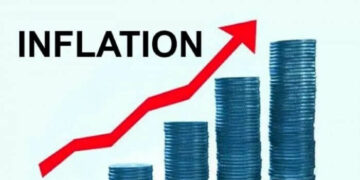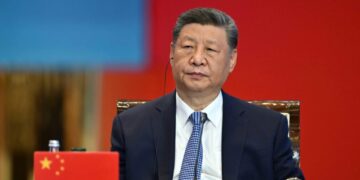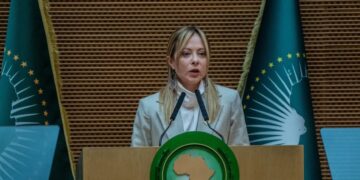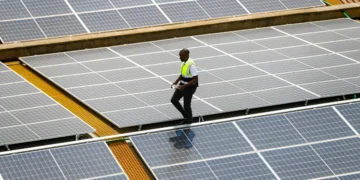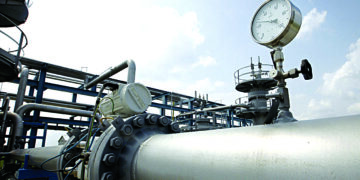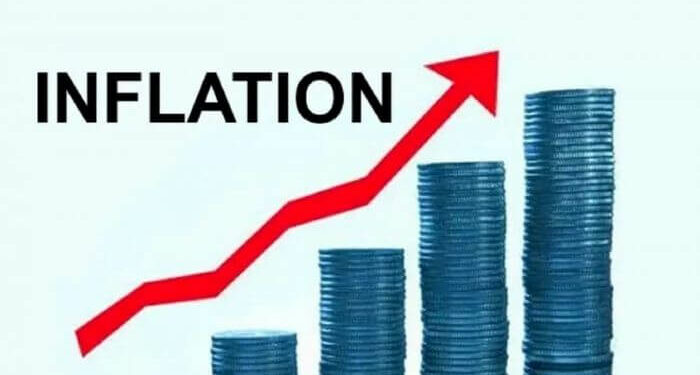By Ebi Kesiena
The Independent Media and Policy Initiative (IMPI) has projected that Nigeria’s inflation rate could ease to 17 per cent by December 2025, maintaining a trend of gradual disinflation.
Figures released by the National Bureau of Statistics show that inflation slowed to 20.12 per cent in August, down from 21.88 per cent recorded in July.
In a policy statement issued on Thursday, the think tank urged the Central Bank of Nigeria’s Monetary Policy Committee to consider lowering the benchmark interest rate at its forthcoming meeting in light of the recent dip in inflation.
IMPI chairman, Dr Omoniyi Akinsiju, said, “We have observed how some critics have dismissed the decline in the inflation rate as being of no consequence to the people, insisting dismissively that prices have not changed in any way to affect the mass of the Nigerian people. We consider this an expression of the intention not to acknowledge the federal administration’s positive strides. Empirically speaking, the Nigerian economy is now in a disinflationary dispensation. Disinflation is a temporary slowing of the pace of price inflation and is used to describe instances when the inflation rate has reduced marginally over the short term.
“Nigeria recorded a rare disinflation in 2025, with inflation falling from 24.5 per cent in January to 20.12 per cent in August, about a 17.5 per cent drop, the sharpest mid-year slowdown in over a decade. An analysis of 10 years of data shows that, unlike 2020–2024, when inflation accelerated, 2025 stands out alongside 2017 and 2018 as one of the few disinflationary years. Accordingly, Nigeria’s inflation story in 2025 is taking an unusual turn because, for the first time in nearly a decade, the country is witnessing a meaningful and sustained slowdown in consumer prices. In relative terms, that is a 17.5 per cent reduction compared to the January level, a pace of disinflation rarely seen in Nigeria’s modern economic history.”
The IMPI chairman said that the think tank had identified factors which its analysts insist are responsible for the decline in headline inflation in recent months.
Three major drivers are behind Nigeria’s slowing inflation in 2025. First, the Central Bank of Nigeria has maintained interest rates at 27.50 per cent, which has dampened credit demand and curbed speculative activity in the foreign exchange market. Second, the exchange rate has remained stable, supported by increased inflows from oil revenues, diaspora remittances, and non-oil exports. Third, improved harvests and relative stability in food-producing regions have helped ease pressure on food prices.
With inflation standing at 20.12 per cent in August, the figures show a decline below the Central Bank’s 21 per cent benchmark. If the current economic momentum continues, inflation could ease further to 17 per cent by December 2025, edging closer to the federal government’s 15 per cent target.
IMPI also noted a rebound in the fortunes of some of Nigeria’s largest businesses after they had suffered losses in the aftermath of the Federal Government’s decision to float the naira.
